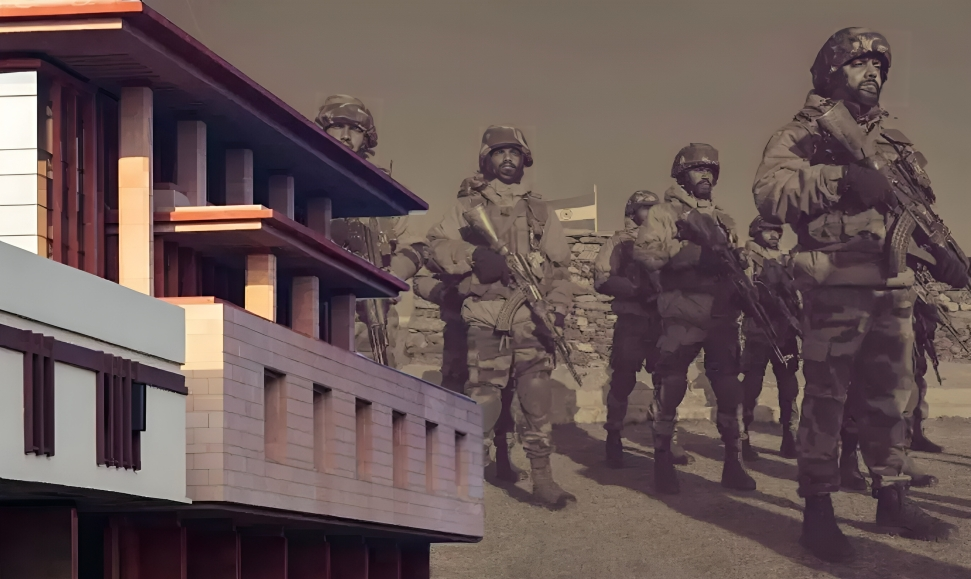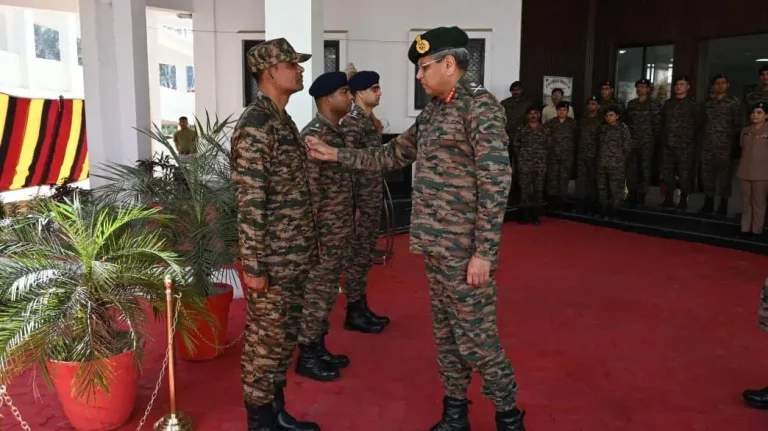The Delhi High Court has recently addressed a public interest litigation (PIL) aimed at establishing a separate Gujjar Regiment within the Indian Army. The court characterized the petition as “absolutely divisive” and noted that it lacked any constitutional basis, leading to a refusal to entertain the request. During the hearing, Chief Justice D.K. Upadhyaya and Justice Tushar Rao Gedela expressed significant concerns regarding the arguments presented.
The petitioner, Rohan Basoya, asserted that the Gujjar community possesses a rich martial legacy and has made substantial contributions to India’s military history, participating in major events such as the 1857 revolt, various Indo-Pak wars, the Kargil conflict, and counter-insurgency operations in Jammu and Kashmir. Basoya contended that despite this historical involvement, the Gujjars have been overlooked in the Indian Army’s ethnic-based regimental framework, which includes groups like Sikhs, Jats, Rajputs, Gorkhas, and Dogras.
As the proceedings unfolded, the case faced scrutiny regarding its legal grounds. The court prompted Basoya’s counsel to pinpoint any constitutional or legal provision supporting the creation of a community-based regiment. The petition referenced Articles 14 and 16 of the Constitution, which ensure equality and equal opportunity in public employment, arguing that Gujjars’ exclusion from representation undermines these rights. It also highlighted the community’s presence in strategic border regions, asserting that their inclusion in a dedicated regiment could enhance national security.
Ultimately, the court found the plea to be devoid of legal merit. During the session, the counsel for the petitioner announced the decision to withdraw the petition on the stipulation of the petitioner, who was in attendance, leading to the dismissal of the case as withdrawn. The judges underscored the potential consequences of advancing divisive claims without adequate research or statutory support. As the matter concluded, the court refrained from issuing any directives to the central government, effectively terminating the petition.







